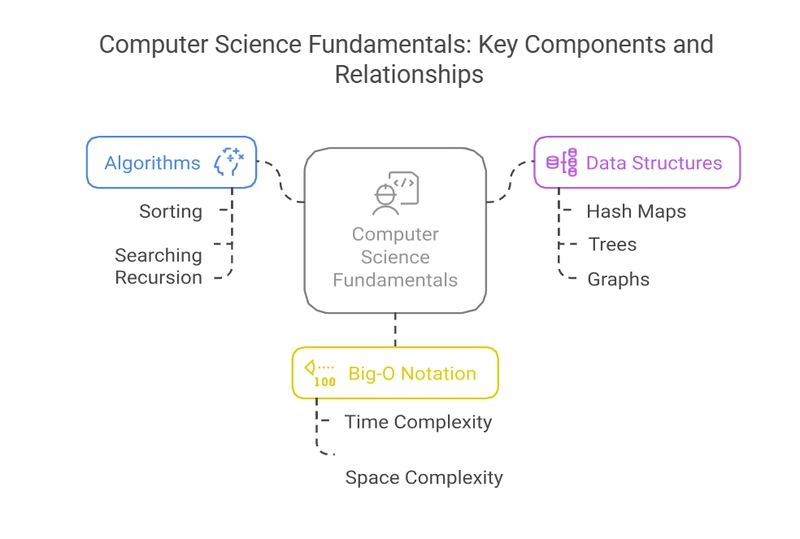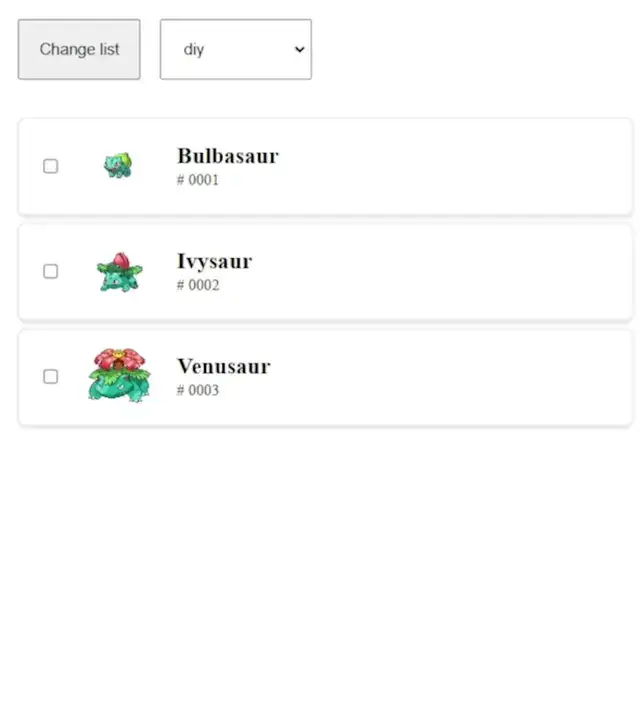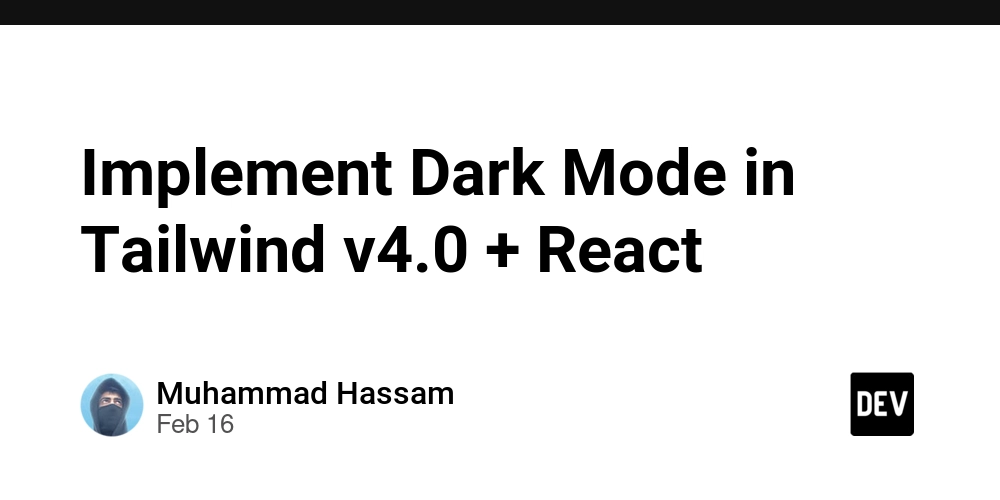Why ProblemSolving Skills Matter More Than Programming Languages
In the rapidly evolving tech landscape of 2024, the demand for problemsolving skills has eclipsed the need for specific programming languages. This document explores the importance of problemsolving in software development, contrasting it with programming language expertise. It highlights hiring trends, salary impacts, and offers practical strategies for developing these essential skills. By focusing on problemsolving, developers can enhance their adaptability and value in the tech industry. The Shifting Landscape of Tech Talent In 2024, GitHub hosted over 420 million repositories, with developers using hundreds of programming languages—yet the most soughtafter skill in tech job postings wasn’t a language, but problemsolving (LinkedIn Tech Skills Report, 2024). Companies like Google, Meta, and Tesla prioritize candidates who can think critically, debug efficiently, and design scalable systems—even if they’re still learning a language. Recent Examples: ChatGPT’s Rise (2023): Developers who quickly integrated AI APIs into apps weren’t just "Python experts"—they understood how to structure prompts, handle rate limits, and optimize costs. Twitter’s Backend Overhaul (2023): When Twitter migrated to a microservices, architecture, engineers needed system design skills—not just knowledge of Scala or Java. The JavaScript Framework Wars (2024): React, Vue, and Svelte compete, but employers care more about your ability to architect state management than framework syntax. The Basics: ProblemSolving vs. Programming Languages What is ProblemSolving in Software Development? Definition: The methodical process of: Understanding a problem’s constraints (e.g., "This API must return data in
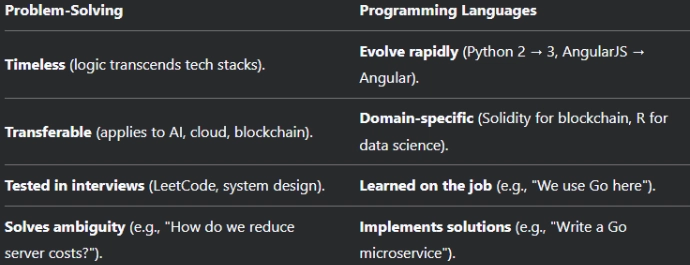
In the rapidly evolving tech landscape of 2024, the demand for problemsolving skills has eclipsed the need for specific programming languages. This document explores the importance of problemsolving in software development, contrasting it with programming language expertise. It highlights hiring trends, salary impacts, and offers practical strategies for developing these essential skills. By focusing on problemsolving, developers can enhance their adaptability and value in the tech industry.
The Shifting Landscape of Tech Talent
In 2024, GitHub hosted over 420 million repositories, with developers using hundreds of programming languages—yet the most soughtafter skill in tech job postings wasn’t a language, but problemsolving (LinkedIn Tech Skills Report, 2024). Companies like Google, Meta, and Tesla prioritize candidates who can think critically, debug efficiently, and design scalable systems—even if they’re still learning a language.
Recent Examples:
ChatGPT’s Rise (2023): Developers who quickly integrated AI APIs into apps weren’t just "Python experts"—they understood how to structure prompts, handle rate limits, and optimize costs.
Twitter’s Backend Overhaul (2023): When Twitter migrated to a microservices, architecture, engineers needed system design skills—not just knowledge of Scala or Java.
The JavaScript Framework Wars (2024): React, Vue, and Svelte compete, but employers care more about your ability to architect state management than framework syntax.
The Basics: ProblemSolving vs. Programming Languages
What is ProblemSolving in Software Development?
Definition: The methodical process of:
Understanding a problem’s constraints (e.g., "This API must return data in <500ms").
Breaking it down into smaller, manageable parts.
Designing a logical solution (algorithms, workflows, error handling).
Implementing and optimizing it (debugging, scaling, refining).
RealWorld Example:
Problem: "Our app crashes when 10,000+ users log in simultaneously."
Solution Path:
Identify bottlenecks (database queries? memory leaks?).
Propose fixes (caching, load balancing, query optimization).
Test and iterate (simulate traffic with tools like JMeter).
Key Skills:
Algorithmic thinking (BigO analysis).
Debugging (reading stack traces, isolating variables).
System design (tradeoffs between SQL vs. NoSQL, monoliths vs. microservices).
What Are Programming Languages?
Definition: Formal systems (syntax + compilers/interpreters) used to write executable instructions.
Recent Trends (2024):
Python dominates AI/ML (TensorFlow, PyTorch).
JavaScript/TypeScript rules web dev (Next.js, React).
Rust grows in systems programming (adopted by Linux kernel, Windows drivers).
Limitations of LanguageOnly Expertise:
A developer who memorizes Python syntax but can’t optimize a slow script (e.g., replacing O(n²) loops with hash maps) will struggle in production environments.
Example: GitHub Copilot (2023) automates boilerplate code—but humans still need to validate logic, debug edge cases, and architect systems.
Key Differences
How to Develop ProblemSolving Skills
Learn Computer Science Fundamentals
Algorithms: Sorting (quicksort), searching (binary search), recursion.
Data Structures: Hash maps (O(1) lookups), trees (hierarchical data), graphs (social networks).
BigO Notation: Analyze time/space complexity (e.g., "Why is this O(n log n)?").
Practice Deliberately
LeetCode/HackerRank: Start with "Easy" problems, focus on pattern recognition (e.g., sliding window, twopointer technique).
Project Euler: Mathheavy problems to sharpen logic.
Simulate RealWorld Constraints
Example Exercise:
"Design a URL shortener (like Bit.ly) that handles 10M daily clicks. How do you ensure low latency? What database fits best?"
Skills tested: System design, tradeoff analysis, scalability.
Master Debugging
Steps:
- Reproduce the bug.
- Isolate the cause (divide and conquer).
- Fix and regressiontest.
Tools: Chrome DevTools, Python’s pdb, logging.
Study System Design
Concepts: Load balancing, caching (Redis), database indexing.
Resource: "Designing DataIntensive Applications" (book).
Conclusion: Adapt or Get Left Behind
The tech industry’s fastestgrowing roles (AI engineers, DevOps specialists, cloud architects) demand problemsolvers who can navigate ambiguity. While languages like Python or JavaScript open doors, your ability to dissect problems, optimize systems, and debug relentlessly will define your career ceiling.
Actionable Takeaway:
Today: Solve one LeetCode problem without code (pseudocode only).
This Week: Debug a personal project’s error methodically (no random guesses!).
Remember: Languages are just verbs—problemsolving is the grammar of tech. Master it, and you’ll write the future.









































































































































































![[The AI Show Episode 142]: ChatGPT’s New Image Generator, Studio Ghibli Craze and Backlash, Gemini 2.5, OpenAI Academy, 4o Updates, Vibe Marketing & xAI Acquires X](https://www.marketingaiinstitute.com/hubfs/ep%20142%20cover.png)















































































































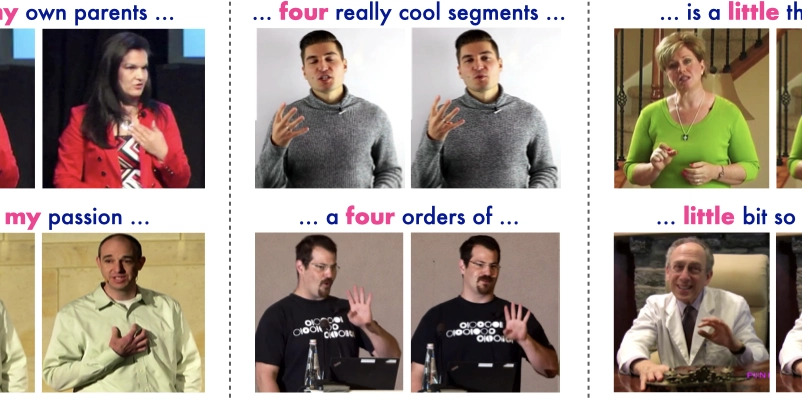
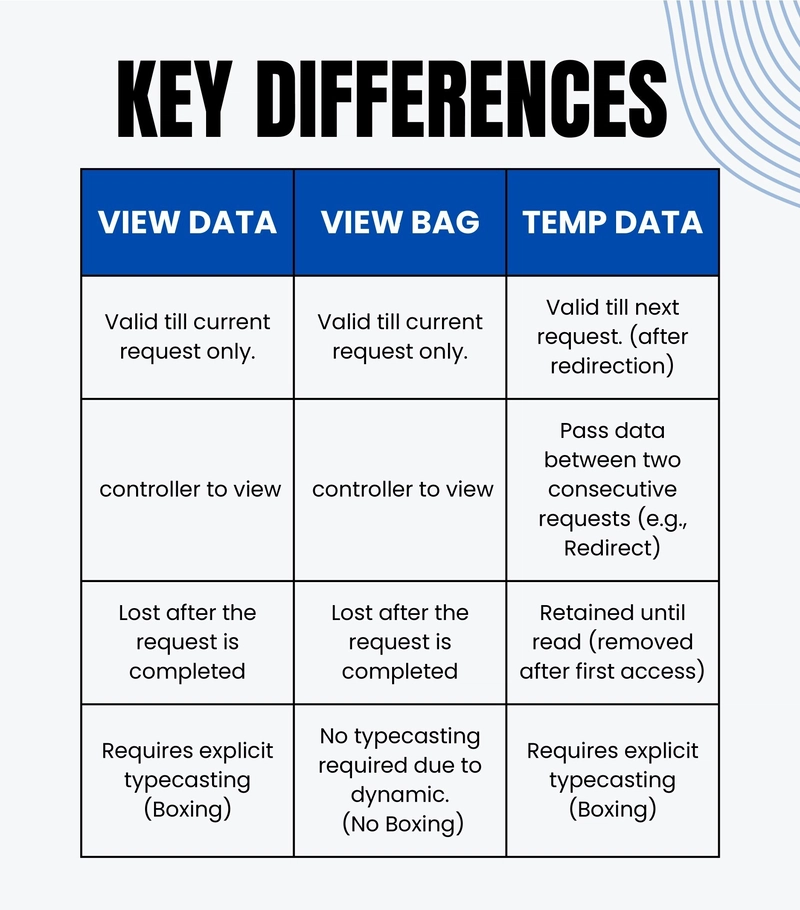









![[FREE EBOOKS] The Kubernetes Bible, The Ultimate Linux Shell Scripting Guide & Four More Best Selling Titles](https://www.javacodegeeks.com/wp-content/uploads/2012/12/jcg-logo.jpg)



![From drop-out to software architect with Jason Lengstorf [Podcast #167]](https://cdn.hashnode.com/res/hashnode/image/upload/v1743796461357/f3d19cd7-e6f5-4d7c-8bfc-eb974bc8da68.png?#)







































































































.png?#)




.jpg?#)




















 (1).webp?#)











_Christophe_Coat_Alamy.jpg?#)








































































































![Rapidus in Talks With Apple as It Accelerates Toward 2nm Chip Production [Report]](https://www.iclarified.com/images/news/96937/96937/96937-640.jpg)





































































































































